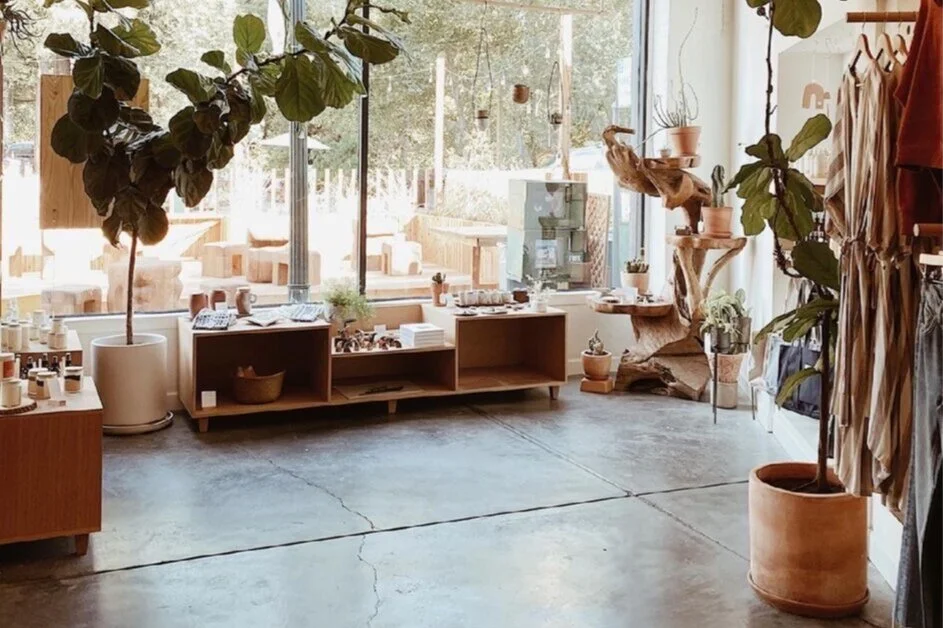Unplugged
Go here if: you’d had it with Zoom calls, social media, and emails, you’ve become not tethered but entrapped by your online life, or you’re never two steps away from your smartphone, ever.
What is it: A 3-day digital detox retreat in the form of a cabin in the countryside just an hour outside of London.
Why you’ll love it: Rather than rustic chic, the cabin looks like something a tech start-up would design (somewhat aptly the founders met at a tech-startup), clean lines, matt black, and a large screen in the form of a window to look through rather than an interface to scroll down.
What you need to know: Write. Play board games. Read. Go for a non-lockdown-induced walk. Talk to one another. There are lots of options to spend time and connect and be in this place, but screens are not one of them. They will literally be locked away. No photos, no just checking, no looking over at notifications during mealtimes. Founders Hector Hughes and Ben Elliott will help you get through it though. On arrival, you’ll get a welcome pack, a polaroid camera, a map of the area, a compass, and a torch, as well as postcards to send out into the world. The cabin also has books and activities (and a cassette player!) to occupy your time
What they offer (online and off): Only offline this one.
Why we think it's different: Founders Hector and Ben started Unplugged in response to their own needs. Hector had realized the extent to which he was tethered to technology when he went on a two-week silent retreat to the Himalayas. Ben could get in up to 14 hours of screen time a day. Looking for a solution that didn’t involve vast amounts of time and a plane flight, they opened their first cabin to reconnect with ourselves by turning off our devices. That they did so last July, after the first lockdown, was particularly timely.
During the first few months of the pandemic, many of us forgot where we ended and our devices began. Any tech boundaries we had dissolved in work from home, zoom pub quizzes, and Netflix binges. We digitized our days, whether as a numbing distraction or for essential professional needs, our devices became the way we interacted with a world we couldn’t physically get to. But as that real-life world opens up, now is the moment to shift that co-dependency, to find ways to reclaim analog space and our non-tech-centered lives.
In their own words: “Humans have always escaped to nature as an antidote to hectic city life. The issue is that now so many of us just wouldn’t know where to start. We’re glued to our phones, inundated with push notifications & respond to emails at all times of the day. We’re on a mission to help you unplug from your devices so that you can recharge.”
Something to do: Wherever you are you can set boundaries around technology. Start with turning off notifications, taking your smartphone out of your bedroom, leaving it behind occasionally when you pop out, using apps to mediate social media time or gaming, keep your phone literally out of sight which will translate to out of mind, buy a watch and an alarm clock, and let people know that you can’t be reached sometimes. In those moments when a phone demands your attention, really think about whether that moment of interruption in your day was worth it. If it wasn’t find ways to block those demands on your time like deleting apps, and even turning off your phone for short, then longer, periods.






